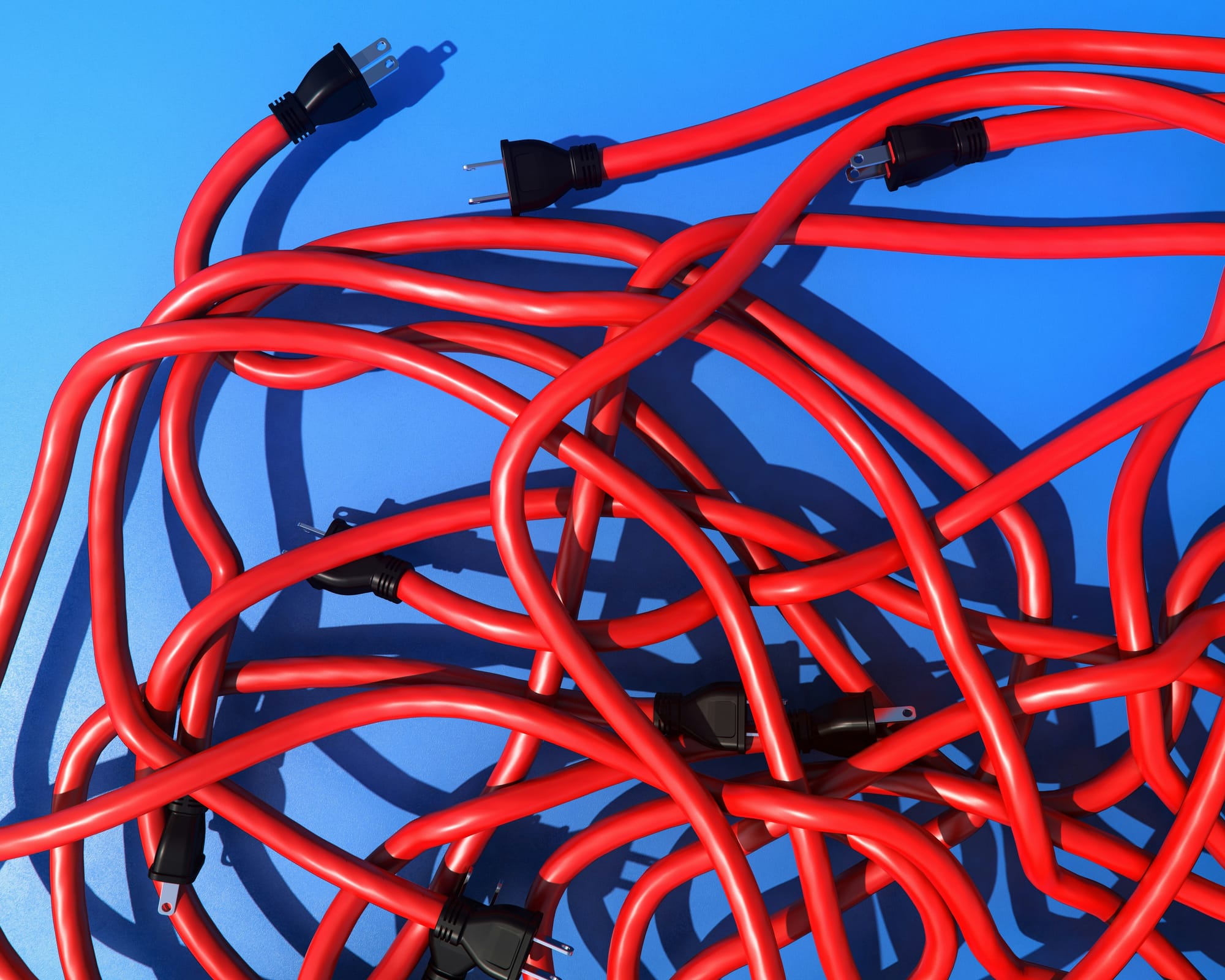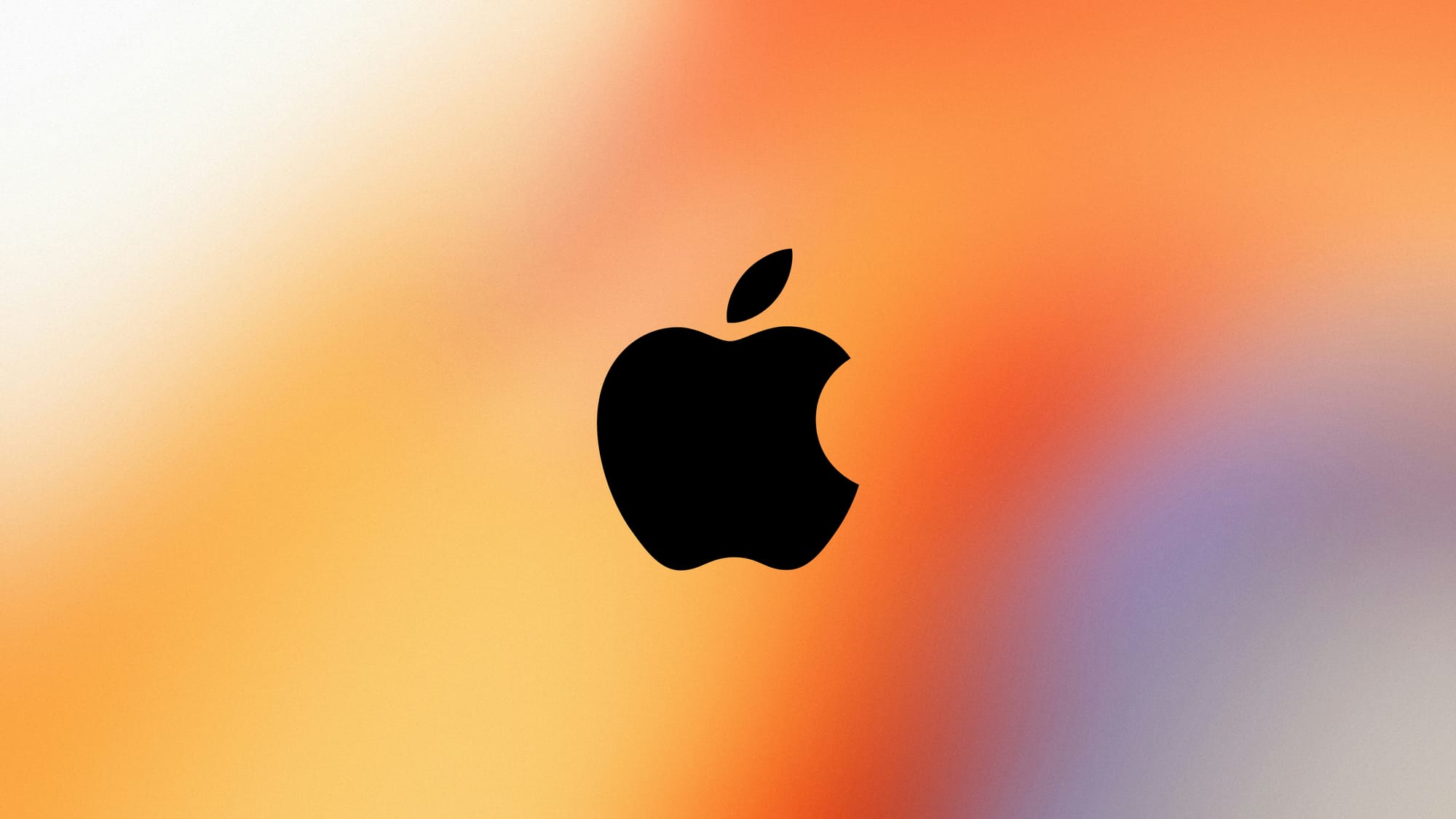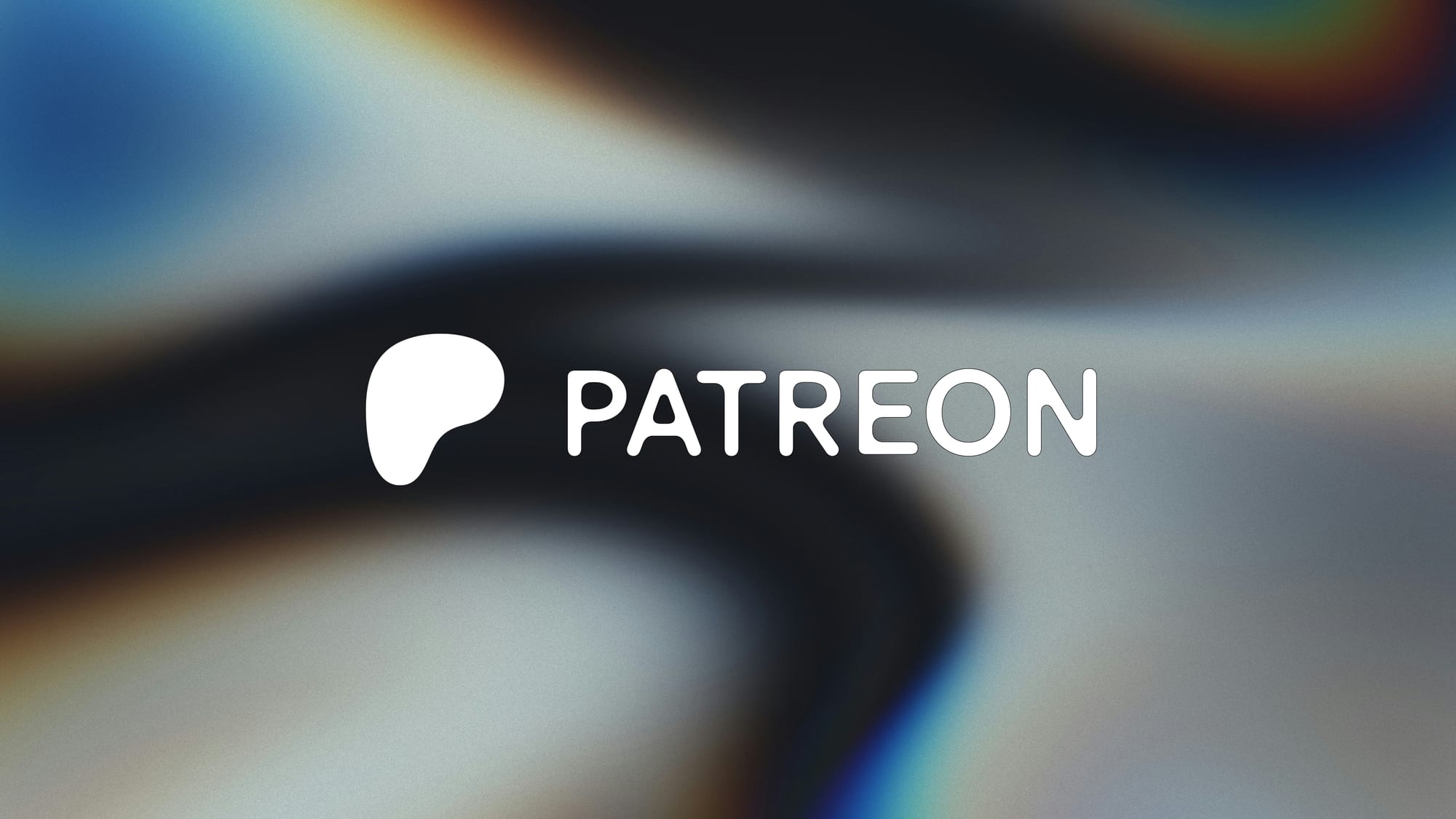Have you ever hesitated to turn off your work phone or ignore emails after hours, fearing you’ll be seen as less dedicated? You’re not alone. In our “always-on” culture, many employees are quietly punished for unplugging off work-even though research shows that downtime is crucial for productivity and mental health.
The Pressure to Stay Connected
A 2023 survey by the American Psychological Association found that over 60% of employees feel pressured to respond to work communications outside of office hours. This expectation isn’t just stressful-it’s leading to real consequences. Employees who set boundaries often face subtle punishments: being overlooked for promotions, receiving fewer exciting projects, or getting labeled as “not a team player.”
As Dr. Laura Vanderkam, author of Off the Clock, notes:
“We’ve created a culture where busyness is a badge of honor, and stepping away is seen as slacking off.”
The Science Behind Unplugging
Ironically, the very act of disconnecting makes us better at our jobs. According to a 2024 study published in the Journal of Occupational Health Psychology, employees who regularly unplug after work report 25% lower rates of burnout and 30% higher job satisfaction. These employees also demonstrate improved focus and creativity during work hours.
Neuroscientist Dr. Andrew Huberman explains:
“The brain needs downtime to consolidate memories, process emotions, and recharge. Without it, performance and well-being suffer.”
The Hidden Cost of Always Being “On”
Punishing employees for unplugging doesn’t just hurt individuals-it’s bad for business. The Harvard Business Review highlights that companies with healthy boundaries see higher retention rates and better overall performance (HBR, 2023).
Yet, the stigma persists. A 2024 LinkedIn poll revealed that nearly half of respondents believe disconnecting hurt their career advancement. This perception creates a cycle where everyone feels pressured to stay connected, even when it’s detrimental.
Moving Toward Healthier Workplaces
So, what can we do? Both organizations and individuals play a role:
- Leaders: Model healthy boundaries by respecting off-hours and encouraging time off.
- Teams: Normalize setting status updates like “away” or “do not disturb.”
- Individuals: Communicate your boundaries clearly and advocate for your needs.
As Arianna Huffington, founder of Thrive Global, reminds us:
“Disconnecting from work isn’t a luxury-it’s a necessity for long-term success.”
Final Thoughts
Being punished for unplugging off work is a sign that our workplace culture needs to evolve. True productivity and innovation come from well-rested, engaged employees-not those who are constantly tethered to their devices. Let’s champion a future where disconnecting is seen not as a weakness, but as a smart, sustainable choice.
Sources:
- American Psychological Association, 2023
- Journal of Occupational Health Psychology, 2024
- Harvard Business Review, 2023
- LinkedIn Poll, 2024
- Vanderkam, L., Off the Clock
- Huberman, A., Stanford University














Discussion